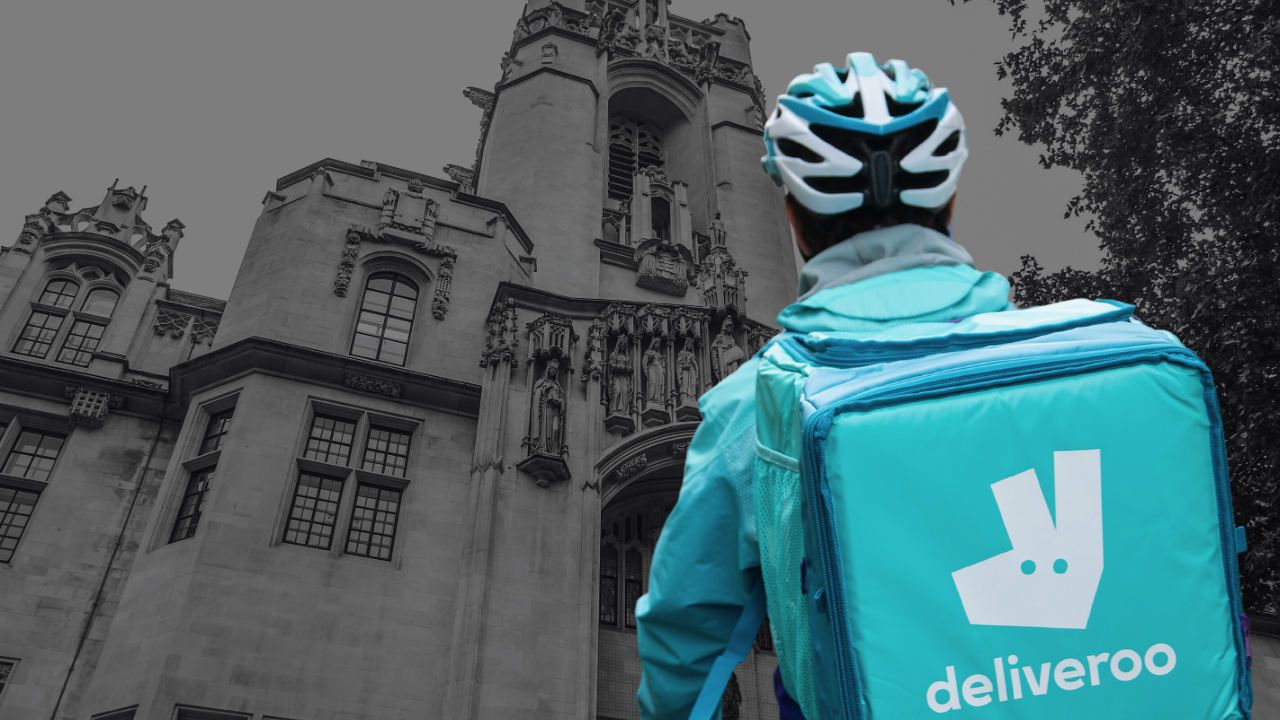How to discuss the Deliveroo ruling in a Law Firm Interview

In Short:
The UK Supreme Court has ruled that Deliveroo couriers are self-employed, impacting gig economy companies and stirring up legal and regulatory discussions about employment status and workers' rights.
What’s Going On?
The recent UK Supreme Court ruling declared Deliveroo couriers as self-employed, not workers. This decision is significant for gig economy companies, as it clarifies the legal stance on employment status in this sector. But there's a twist: the couriers' ability to freely subcontract their work is causing regulatory headaches.
Why Does This Matter?
This ruling sheds light on the intricate balance between flexible working models and regulatory compliance. Gig economy firms like Deliveroo, Uber Eats, and Just Eat thrive on the flexibility of their workforce. However, the government is concerned about the misuse of this freedom, particularly regarding illegal work and immigration laws.
The decision offers clarity but also reveals complexities. While Deliveroo can't be fined for its couriers' immigration status due to their self-employment status, the government is considering stricter regulations if these companies don't address illegal working practices. This scenario puts gig economy companies in a tricky position – they need to ensure legal compliance without jeopardizing their operational models.
How to discuss this in an Interview?
Subscribe to continue reading
